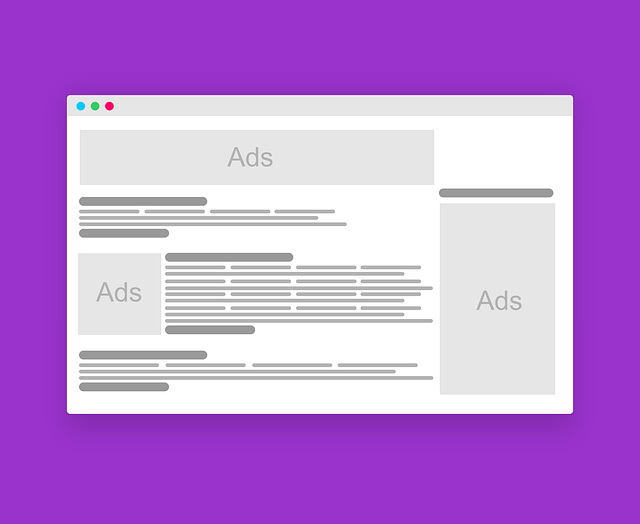AI is transforming the long-term rental market by automating document verification and tenant screening through machine learning algorithms, reducing manual effort, errors, and streamlining processes while ensuring compliance with local regulations. Despite challenges in processing dynamic legal frameworks and maintaining data privacy, AI offers promising benefits like automated lease agreements, enhanced transparency, predictive analytics, and optimized pricing strategies. Collaboration between industry stakeholders and regulators is crucial to leverage AI's potential while mitigating risks, especially in critical areas like AI rental regulation monitoring.
“Discover how Artificial Intelligence (AI) is transforming the landscape of long-term rentals through digital document automation. This article explores the pivotal role of AI in streamlining processes, enhancing efficiency, and simplifying compliance with rental regulations. From automating lease agreements to managing tenant records, AI promises a new era of precision and productivity. We delve into the tangible impacts on industry standards, analyze challenges, and peer into future prospects, highlighting AI’s potential as a game-changer in rental regulation monitoring.”
- Understanding AI's Role in Digital Document Automation for Long-Term Rentals
- The Impact of AI on Rental Regulation Monitoring and Efficiency
- Overcoming Challenges and Future Prospects of AI in the Rental Industry
Understanding AI's Role in Digital Document Automation for Long-Term Rentals

In the realm of long-term rentals, Artificial Intelligence (AI) is transforming the way digital document automation is approached, streamlining processes and enhancing efficiency for both landlords and tenants. AI plays a pivotal role in rental regulation monitoring by accurately and swiftly analyzing various documents such as lease agreements, identity proofs, and financial records. This not only reduces manual effort but also minimizes errors, ensuring compliance with local laws and regulations.
By leveraging AI, the process of document verification becomes faster and more reliable. Intelligent algorithms can detect anomalies, identify fraudulent elements, and extract critical data points from documents, making it easier to screen potential tenants and assess risk. This automation liberates time for property managers to focus on other core responsibilities, fostering a smoother rental experience throughout the entire lifecycle of a tenancy agreement.
The Impact of AI on Rental Regulation Monitoring and Efficiency

The integration of AI in long-term rental processes is transforming how we manage and monitor rental regulations, offering unprecedented efficiency gains. By leveraging machine learning algorithms, landlords and property managers can automate tasks such as document verification, tenant screening, and lease agreement generation, significantly reducing manual effort and potential human errors. This automation streamlines the entire process, from initial application to contract signing, ensuring compliance with local laws and policies.
AI rental regulation monitoring provides a robust system for identifying and flagging non-compliance issues promptly. These intelligent systems can analyze vast amounts of data, including lease terms, rent payments, and tenant histories, to detect patterns or anomalies indicative of potential regulatory violations. This proactive approach enhances the overall efficiency of the rental market, fostering trust between landlords, tenants, and regulatory bodies.
Overcoming Challenges and Future Prospects of AI in the Rental Industry

The integration of AI into the long-term rental industry presents both opportunities and challenges. One significant hurdle is navigating complex rental regulations, which vary across regions and constantly evolve. AI systems must be adept at processing and interpreting these dynamic legal frameworks to ensure compliance. Additionally, data privacy and security are paramount; tenants’ personal and financial information requires robust protection.
Despite these challenges, the future prospects of AI in rentals are promising. Automating document preparation and rental agreement generation can streamline processes, reduce errors, and enhance transparency for all parties involved. Moreover, AI-driven analytics can predict market trends, optimize pricing strategies, and foster more efficient property management. As technology advances, collaboration between industry stakeholders and regulatory bodies will be crucial to establishing standards and guidelines that harness the potential of AI while mitigating associated risks.
AI has the potential to revolutionize long-term rental processes, particularly in digital document automation. By streamlining rental regulation monitoring, it can enhance efficiency and accuracy. Overcoming initial challenges such as data security and privacy concerns is crucial for industry adoption. In the future, AI could become an indispensable tool for rental businesses, offering seamless experiences and improved compliance with evolving regulations, thereby fostering a more efficient and transparent rental market.
